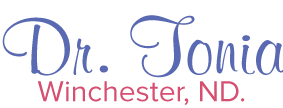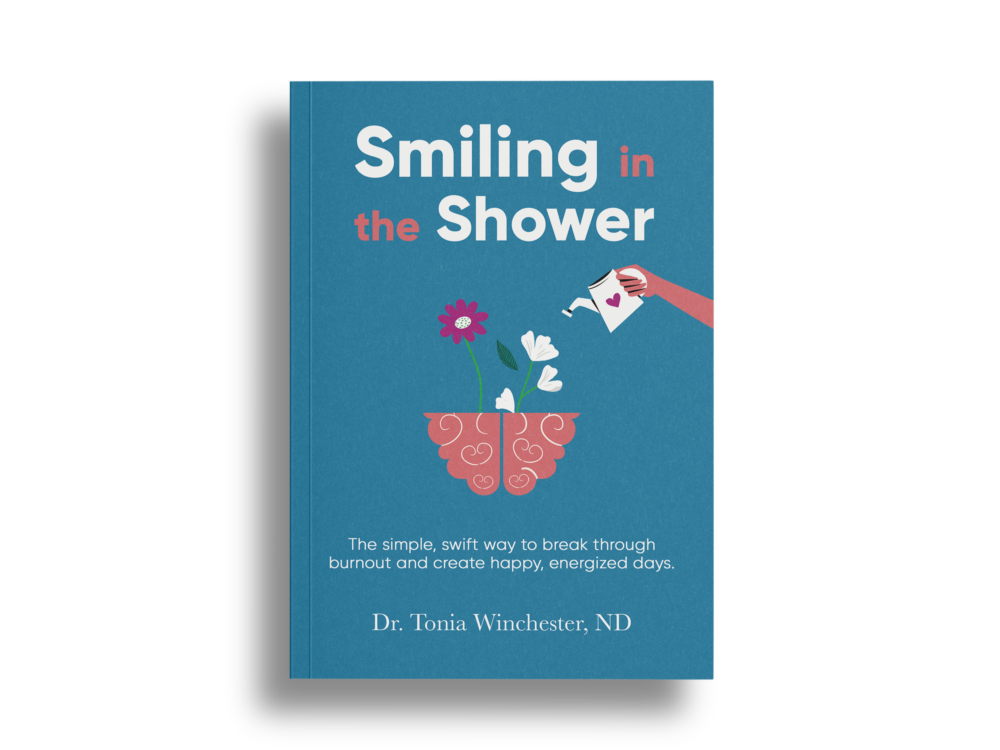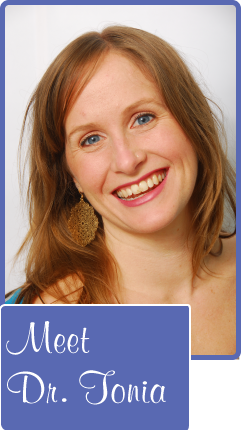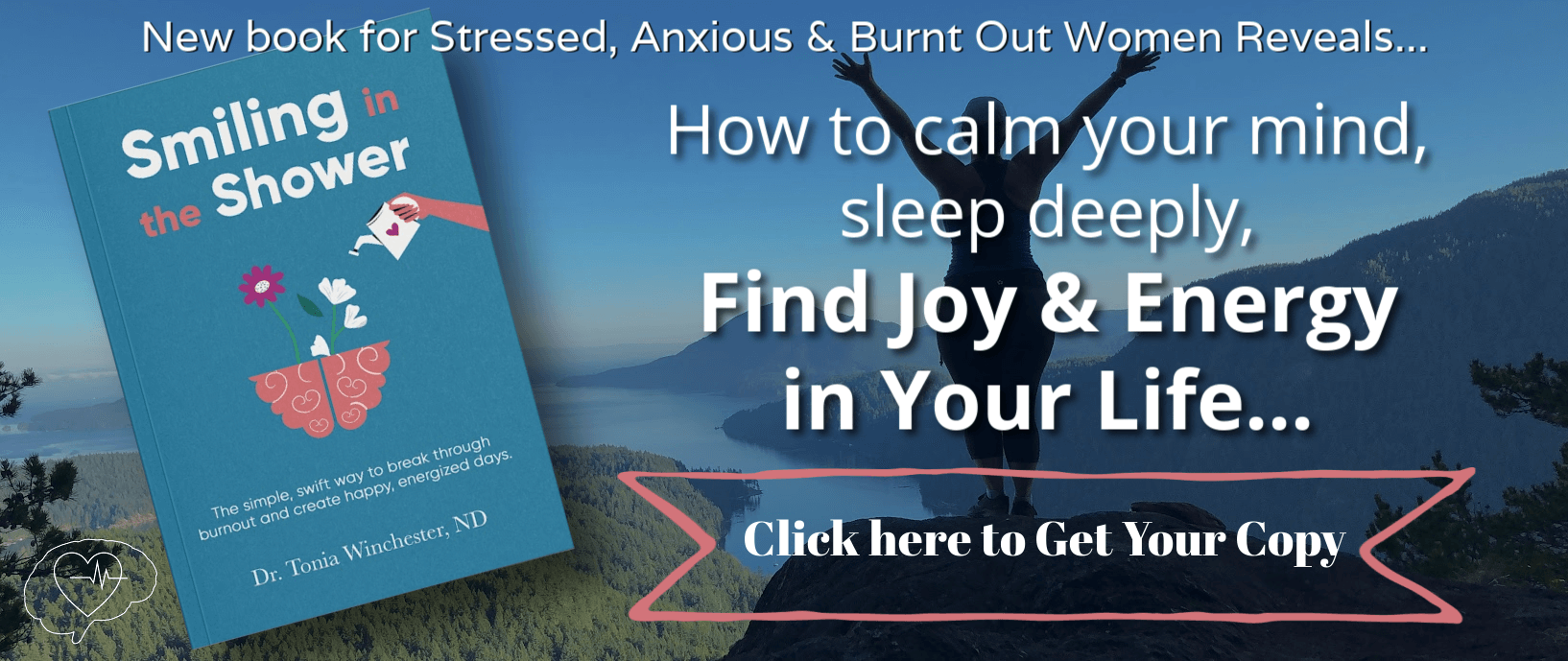
Is Coffee Actually Good For YOU?
I bet you’re already resistant to reading this article. Of all the things I kindly suggest people avoid to regain or strengthen their health, coffee (or caffeinated anythings) is by far the hardest.
I see this so much that I have stopped even mentioning it the first time I sit down with a new patient. They just aren’t even ready to consider it as possible cause to their health problems.
You can troll the interwebs and find a bucket-full of articles that say that people can drink 4 cups of coffee without major consequences.
And this may be true. For some people.
But for the majority of people I see there is some caffeine effect that they are not aware of or choose to deny. (Granted, I see a very unique sub-population of patients who are more sensitive to various factors in their environment.)
I have people who tell me, “I only have 1 cup of coffee per day, two at the most.”
Or, “I stop drinking coffee by about 2pm.”
“I don’t need it. I just like my coffee.”
And my favorite, “It doesn’t affect me.”
As we discuss their health concerns, I often identify several of their symptoms that certainly could be linked to caffeine consumption.
In my Naturopathic medical practice, I see that some people:
a) are more sensitive to the effects of caffeine than others
b) can take longer to detoxify caffeine and hence are subject to its effects for longer than others.
So while the internet has you convinced that your 3-4 cups of coffee per day is just fine and dandy, I’m here to tell you that, for you as an individual (since you’re NOT a statistic) it may not be. In fact quite the opposite.
Here are five ways to know if you are consuming too much caffeine:
1. You can’t sleep.
This is my favorite. Caffeine is a stimulant. It cranks up the central nervous system. This happens because of a hormone called cortisol. Cortisol is a bully hormone. When it is elevated, melatonin can’t do its job to help us sleep peacefully through the night.
If you’re having trouble falling or staying asleep it is worth considering that your coffee is the culprit. But it doesn’t affect me, but I only have 2 cups, but my last cup of coffee is 11 am…
BUT! You’re not sleeping!!
(This article was actually inspired by the following conversation with my husband the other morning:
Me: How are you?
Him: Meh.
Me: Why are you meh?
Him: I didn’t sleep very well.
Me: Why didn’t you sleep very well?
Him: Because I had coffee yesterday.
I could see his proverbial tail slide between his legs. And to be clear, my husband is a 6’4″, 220-something pound man. He’s a giant. And ONE cup of coffee will alter his sleep patterns.
Me: Ah. Yes. I’m going to write an article about that.
And if you’re thinking, “Meh. I’m a night owl.” Then please, read this.
And here we are. Let’s continue, shall we?)
2. You’re anxious.
Whether it is generalized worry or full on panic attacks caffeine could be the cause. Ever noticed how anxiety feels like a coffee buzz? Ever considered that they are actually the same thing? The racing heart, the sweating, the shallow breathing…
Again caffeine raises cortisol which causes all those same symptoms. How can we know that the caffeine isn’t behind it?
Just putting it out there.
3. You’re constipated
That is if you don’t drink your coffee. Caffeine is a laxative. People don’t realize how reliant they are on their coffee to have a daily bowel movement until they try taking it out of their diet. Boom! plugged up like a power outage at a cheese factory. Curious how to poo more naturally?
4. You get headaches
…when you miss your morning coffee. That’s called withdrawal. Withdrawal happens when a physiological body (you) no longer has access to a substance to which it was addicted.
Or say you have headaches even with your coffee. That could be dehydration. Caffeine is a diuretic meaning it causes water loss (through the urine.)
Often a dehydrated brain is a sore brain.
5. You’re tired.
Alarm. Snooze. Alarm. Snooze. Alarm. Snooze. When I ask patients about their morning energy, “I’m okay once I get going with my coffee.”
Have you thought of that?
In fairness I’ve never been a coffee drinker. I tried my darndest to get into it when I was a teenager. I really did give it the ol’ college (high school) try. A couple times a week my girlfriends and I would go to the coffee shop and I’d order one. “Bleh. GAWD!! That is disgusting,” I would think. I would add honey or sugar, and various flavors, and it was still terrible to my palate. After about 15-20 attempts I decided what ever benefit people claimed to derive from it was not worth it for me. I got through medical school without it. I can’t see myself ever needing it. I certainly don’t need it to “get going” in the morning.
My normal everyday, unadulterated physiology wakes me up just fine.
Here’s what helps me get going and stay free from the symptoms listed above:
a) a good sleep – this depends on me following my own advice
b) deep breathing and meditation
c) warm lemon water upon rising
d) eating a heap of veggies
e) regular exercise
f) work at a job I love
I’d love to hear your thoughts so comment below. Do any of these situations sound familiar? Have you tried cutting out caffeine before? What did you notice? Did you go full tilt or try the 80/20 Rule? I wanna hear all about it!
Here’s to your jivin’ Health & thrivin’ Life,
Dr. Tonia
PS: For those keeping track I’m still purging something every day. It’s getting easier. You can follow my progress here. If you’re wondering what the heck I’m talking about, you can find out all about it here.









Happy New Year!!! xoxo
I’m still laughing from this line “plugged up like a power outage at a cheese factory” – dang girl, you are FUNNY!!!